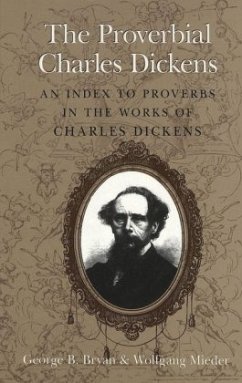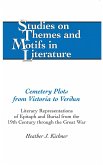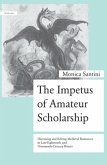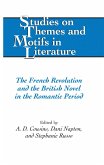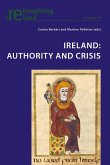Charles Dickens was not only a major literary figure of the nineteenth century, he was also a highly skilled user of folk speech in his numerous novels, letters, and other writings. Proverbs, proverbial expressions, proverbial comparisons, twin formulas, and wellerisms play a significant role in his portrayal of social and cultural aspects of his time and environment. There is hardly a page that does not contain a traditional or manipulated proverbial phrase in the lively dialogues or skillfully crafted prose.
This book begins with an introductory essay that demonstrates the importance of proverbial language in Dickens' complete works. The bulk of the volume is a key-word index to the occurrence of proverbs in his writings, with the proverbs arranged according to the most significant word in the text. Each entry also provides references to major proverb dictionaries, which readers may consult to learn more about the history of a particular proverbial statement. The interpretative essay together with the index show that Charles Dickens employed proverbial speech effectively to add folk wisdom and linguistic realism to his colorful prose.
This book begins with an introductory essay that demonstrates the importance of proverbial language in Dickens' complete works. The bulk of the volume is a key-word index to the occurrence of proverbs in his writings, with the proverbs arranged according to the most significant word in the text. Each entry also provides references to major proverb dictionaries, which readers may consult to learn more about the history of a particular proverbial statement. The interpretative essay together with the index show that Charles Dickens employed proverbial speech effectively to add folk wisdom and linguistic realism to his colorful prose.
"The Key-Word Index of this book with its many proverbs, proverbial expressions, proverbial comparisons, and wellerisms will now enable scholars and students to undertake detailed contextualized studies of the use and function of these fixed phrases in individual novels." (The Victorian Newsletter)

